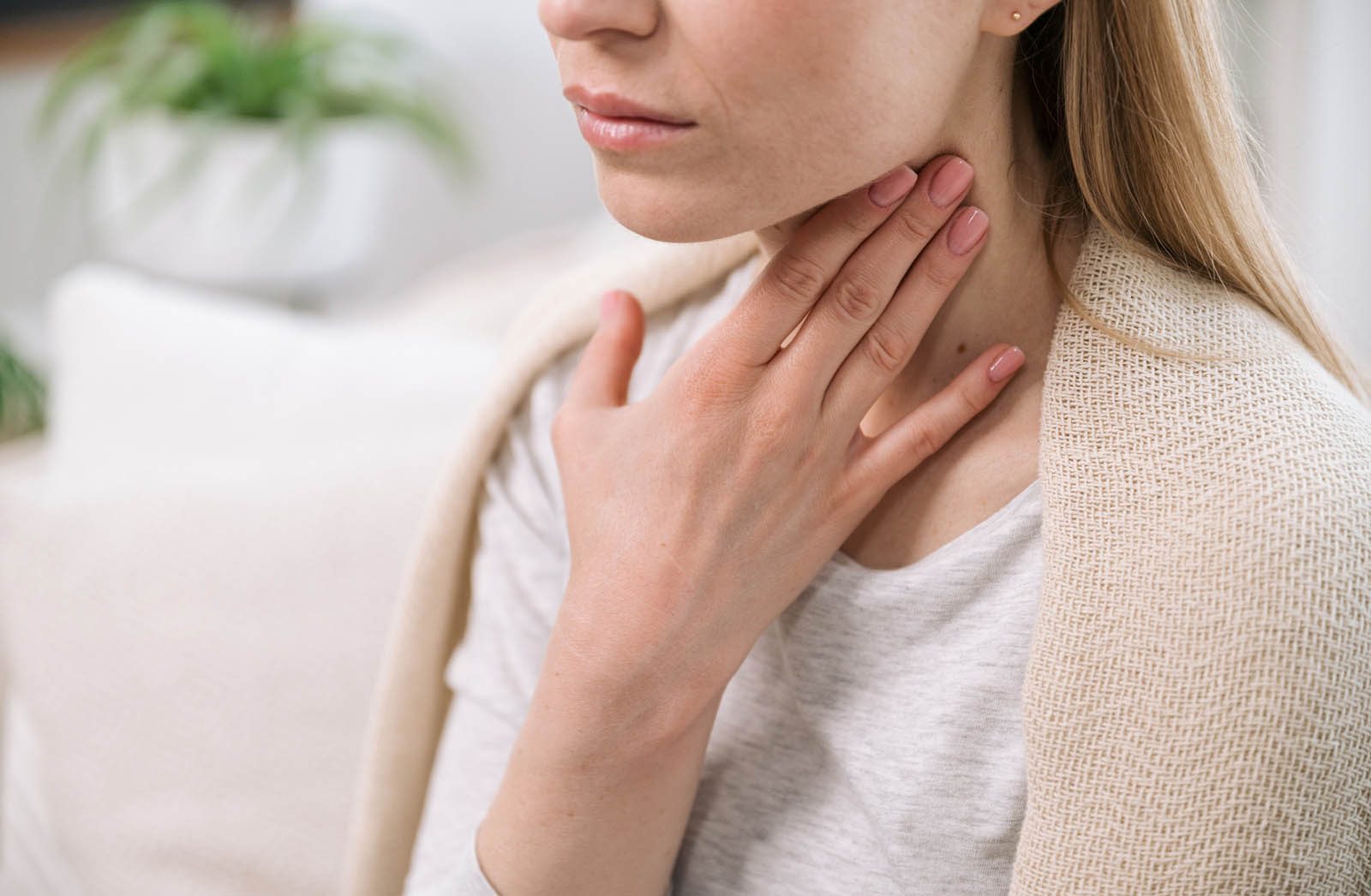
Ah, the great myth … Winter may seem like a welcomed respite from allergy season, but for many, it brings its own set of triggers. While spring pollen might steal the spotlight, winter allergens can quietly disrupt your health and comfort. Whether you’re traveling in a colder climate or enjoying our milder winters here in Houston, here’s a look at the common allergens to watch out for and tips to manage them.
1. Dust Mites: A Year-Round Problem
Dust mites are tiny creatures that thrive indoors, and their presence becomes more of a problem during the colder months when we spend extra time inside. They hide in bedding, carpets and upholstered furniture, feeding on dead skin cells. (Ew.) Heated indoor air creates an ideal environment for these critters’ growth.
Tips to Combat Dust Mites:
- Wash bedding weekly in hot water.
- Use allergen-proof covers on pillows and mattresses.
- Vacuum carpets and rugs with a HEPA filter vacuum.
- Freeze items you may not want to wash (like stuffed animals) in a Ziplock bag for 24 hours to kill mites.
2. Mold Spores: Lurking in Damp Spaces
Winter dampness can encourage mold growth, particularly in poorly ventilated areas like bathrooms, basements and kitchens. Even holiday decorations stored in musty attics or garages can harbor mold spores that can spread through your home when you unload them to deck the halls. Those seasonal “Christmas tree allergies” are allergic reactions to the mold spores on the trees.
Tips to Reduce Mold Exposure:
- Use a dehumidifier to keep indoor humidity levels below 50%.
- Clean bathrooms and kitchens regularly to prevent mold growth.
- Inspect and clean holiday decorations before bringing them into your home.
3. Pet Dander: Cuddly Pets, Higher Exposure
As pets spend more time indoors with us during winter, their dander (tiny flakes of skin that come loose) can accumulate. This increased exposure can trigger sneezing, itchy eyes and other symptoms for allergy sufferers.
Tips to Manage Pet Allergens:
- Keep pets out of bedrooms and off furniture.
- Groom pets regularly to reduce dander.
- Use air purifiers to filter allergens from the air.
4. Indoor Pollutants: A Hidden Culprit
With windows and doors opening less frequently in the winter months, indoor air quality often takes a hit. Common irritants like cigarette smoke, cleaning chemicals and even certain scented candles can exacerbate allergies or asthma symptoms.
Tips to Improve Indoor Air Quality:
- Avoid smoking indoors and limit the use of strong-smelling products.
- Ventilate your home by opening windows on mild days.
- Invest in a high-quality air purifier with a HEPA filter.
5. Pollen Counts: Sneaking Up Through Winter
While many plants are dormant during winter, some trees like cedar and juniper release pollen. This is especially true in regions like Central and South Texas, where Cedar Fever peaks from December to February.
Tips for Outdoor Winter Allergies:
- Check local pollen counts before outdoor activities.
- Shower and change clothes after spending time outside.
- Keep windows and doors closed during high-pollen days.
6. Cockroach Droppings: The Unexpected Trigger
Cockroach allergens are a common trigger for indoor allergies and asthma, particularly in urban areas like Houston. These pests seek warmth and food indoors during colder months, leaving droppings and saliva that can cause reactions.
Tips to Minimize Cockroach Allergens:
- Seal cracks and openings where pests could enter.
- Store food in air-tight containers and clean crumbs promptly.
- Use traps or hire a pest control service provider if necessary.
Dealing with winter allergies requires a proactive approach. If monitoring your symptoms and taking OTC medications just isn’t cutting it anymore, it’s time to give us a call.
Your Allergy & ENT Associates provider can give you a customized treatment plan that can help you enjoy all that winter in Houston has to offer!
Ready for relief? Call us today!



